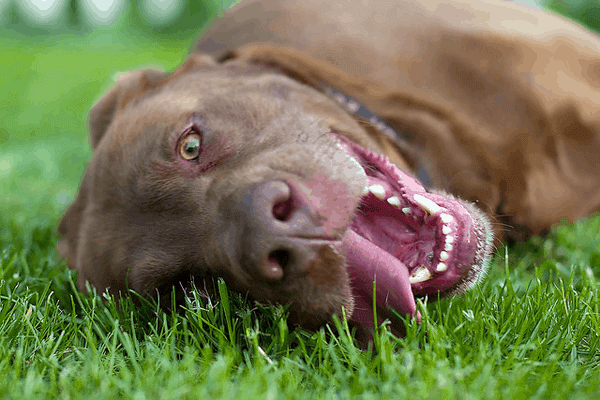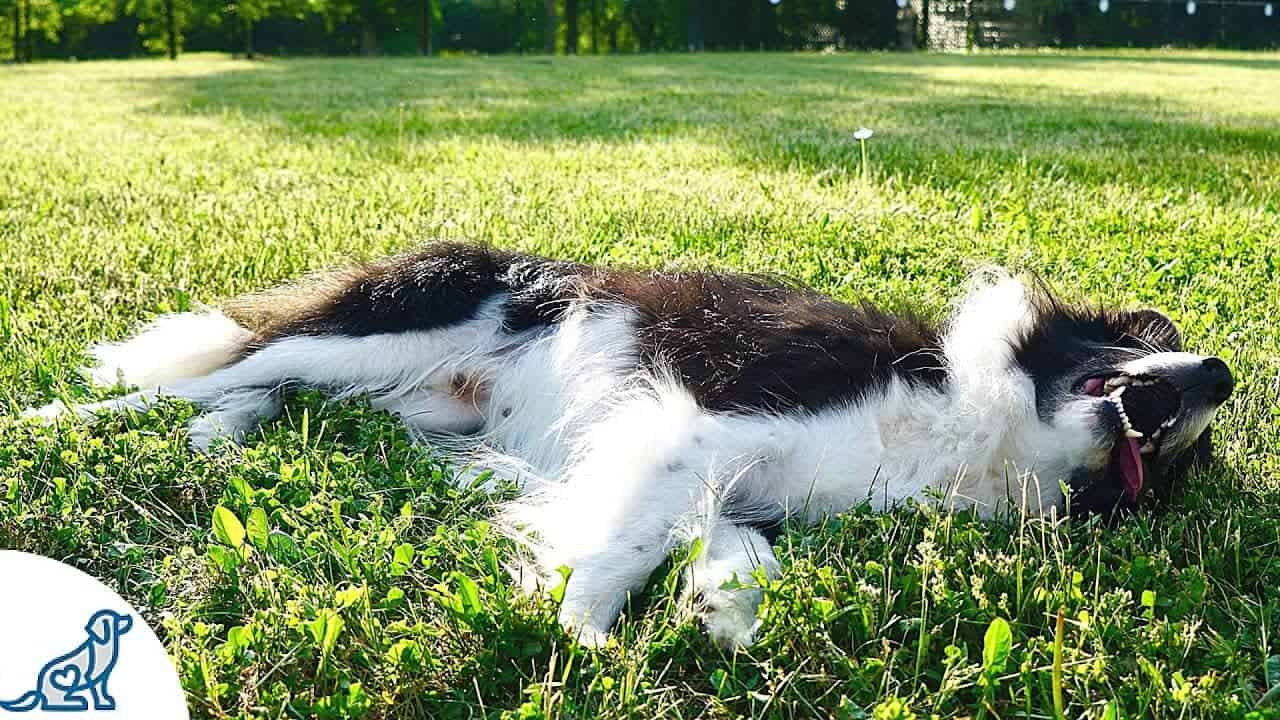No place says ‘hot’ like Houston and ’tis the season for greater risk of your canine companion developing heat stroke – a term used when the body significantly overheats. Body temperature may rise because of hot and/or humid conditions outside.
When this happens due to environmental conditions, it is called hyperthermia as well as heat stroke. Hyperthermia is often a life-threatening condition, requiring immediate treatment. Any time a dog’s body temperature is higher than 105°F, a true emergency exists.
Heatstroke generally occurs in hot summer weather. Unlike us, dogs don’t sweat. The only way they can release heat is though panting, so if a canine gets very hot, he or she may be not be able to normalize body temperature adequately through panting.
Things that lead to heat stroke:
- When an animal is left outdoors in hot/humid conditions without adequate shade.
- When exercised in hot/humid weather.
- When left in a car on a relatively cool (70°F) day; a recent study from Stanford University Medical Center found the temperature within a vehicle may increase by an average of 40 degrees Fahrenheit within one (!) hour regardless of outside temperature.
 Other predisposing factors may be obesity and/or diseases affecting a pet’s airway. Also, brachycephalic (short-nosed) breeds (Pekingese, Pug, Lhasa apso, Boston terrier, etc.) have harder times panting out heat. This may cause an increased body temperature that may be fatal.
Other predisposing factors may be obesity and/or diseases affecting a pet’s airway. Also, brachycephalic (short-nosed) breeds (Pekingese, Pug, Lhasa apso, Boston terrier, etc.) have harder times panting out heat. This may cause an increased body temperature that may be fatal.
Initially the pet appears distressed, and will pant excessively and become restless. As the hyperthermia progresses, the pet may drool large amounts of saliva from the nose and/or mouth. The pet may become unsteady on his feet. You may notice the gums turning blue/purple or bright red in color, which is due to inadequate oxygen.
What to Do
- Remove your pet from the environment where the hyperthermia occurred.
- Move your pet to shaded and cool environment, and direct a fan on her or him.
- If possible, determine rectal temperature and record it.
- Begin to cool the body by placing cool, wet towels over the back of the neck, in the armpits, and in the groin region. You may also wet the ear flaps and paws with cool water. Directing a fan on these wetted areas will help to speed evaporative cooling.
Transport to the Closest Veterinary Facility Immediately
While cooling the pet as outlined above is extremely important, hyperthermia is a disease that affects nearly every system in the body and you canine companion needs more than just lowering the temperature.
There are life-threatening processes (loss of clotting ability, circulatory collapse, gastrointestinal issues including the movement of gut bacteria into the bloodstream, multi-organ failure, low blood pressure and more) that occur in the body as it overheats and requires a veterinarian’s immediate attention.
Urban Animal Veterinary Hospital
1327 Yale St
Houston, TX 77008
(713) 863-0088


